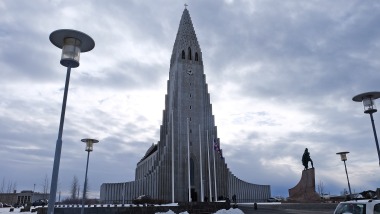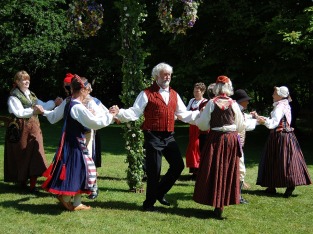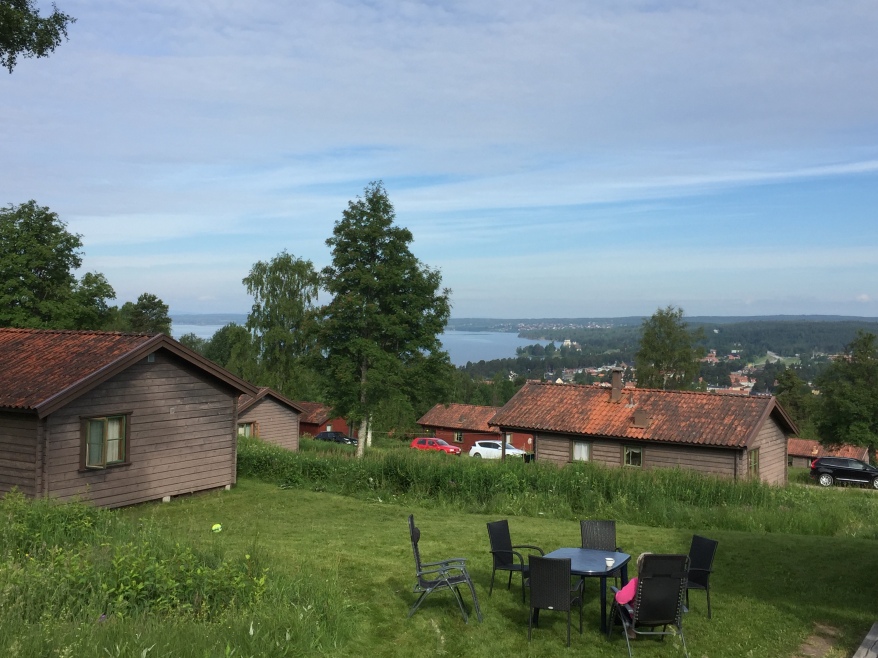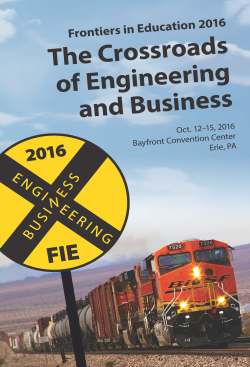
I have just looked at the second reflection made by the students in my groups regarding the start of the project in the IT in Society course. It has been an interesting read that give some insights into the challenges for the students, but also for us as faculty running such a course. Here area few of my observations:
A student points out that they are not supposed to create a product and that this is something they are not used to. The student also muses that this might make it hard to work on the project, for instance since they will only cover the start of the project. I did find this intriguing as it reminded me of the discussion regarding product vs process as the assessing unit in a course unit. I think there are merits and weaknesses with either extreme, but argue that a combination is generally advisable. Another aspect is the interpretation of product, since I think this concept is much broader that an artefact (or running program). For instance, the students in the IT in Society course will write a report for the client and to not view this as a product is interesting to me. Perhaps we should be better at conveying different views on what a product can be.
Another interesting observation is that an added complexity of the task is that it is not enough that the members of a group understand the plan for the work, which they are what they are used to. This is, I think, similar to another student pointing out that the project will be more tougher than first assumed (due to no programming). One student makes a clear reference to open-ended problems, which is something that we have written quite extensively about (here are a few examples: The Contribution of Open Ended Group Project to International Student Collaborations, Open Ended Group Projects a ‘Tool” for More Effective Teaching, Open-Ended Projects Opened Up – Aspects of Openness (to be presented at ASEE/IEEE FIE in three weeks), and Developing and Assessing Professional Competencies: a Pipe Dream?)
Most identifies cultural differences as a risk in the project and point out the excellent seminar hold by Helena Bernáld on this issue. An interesting manifestation of this is that three out of four group leaders are Americans, despite the fact that they have less time in their study plan for the collaboration and that they are only a third of the students in the project. This fact is definitely something for the student group to be aware of as it could influence the pace of the project. It was also interesting to note that the student assumed this was ok since we’ve run the collaboration for many years and thus would know that this would not be a problem. This comment indicate to me that there is a view that there are a recipe for how to conduct a project of this kind, rather than there being some generally good advise that would be helpful given that they are adapted to a particular setting.
 It’s soon time to go to
It’s soon time to go to  Got three pappers and a panel approved for
Got three pappers and a panel approved for  I just uploaded the final version of the
I just uploaded the final version of the 

 Just got word about the fourth paper and it also got accepted with minor revisions. This paper,
Just got word about the fourth paper and it also got accepted with minor revisions. This paper,  I have four paper abstracts and one panel proposal accepted for the
I have four paper abstracts and one panel proposal accepted for the